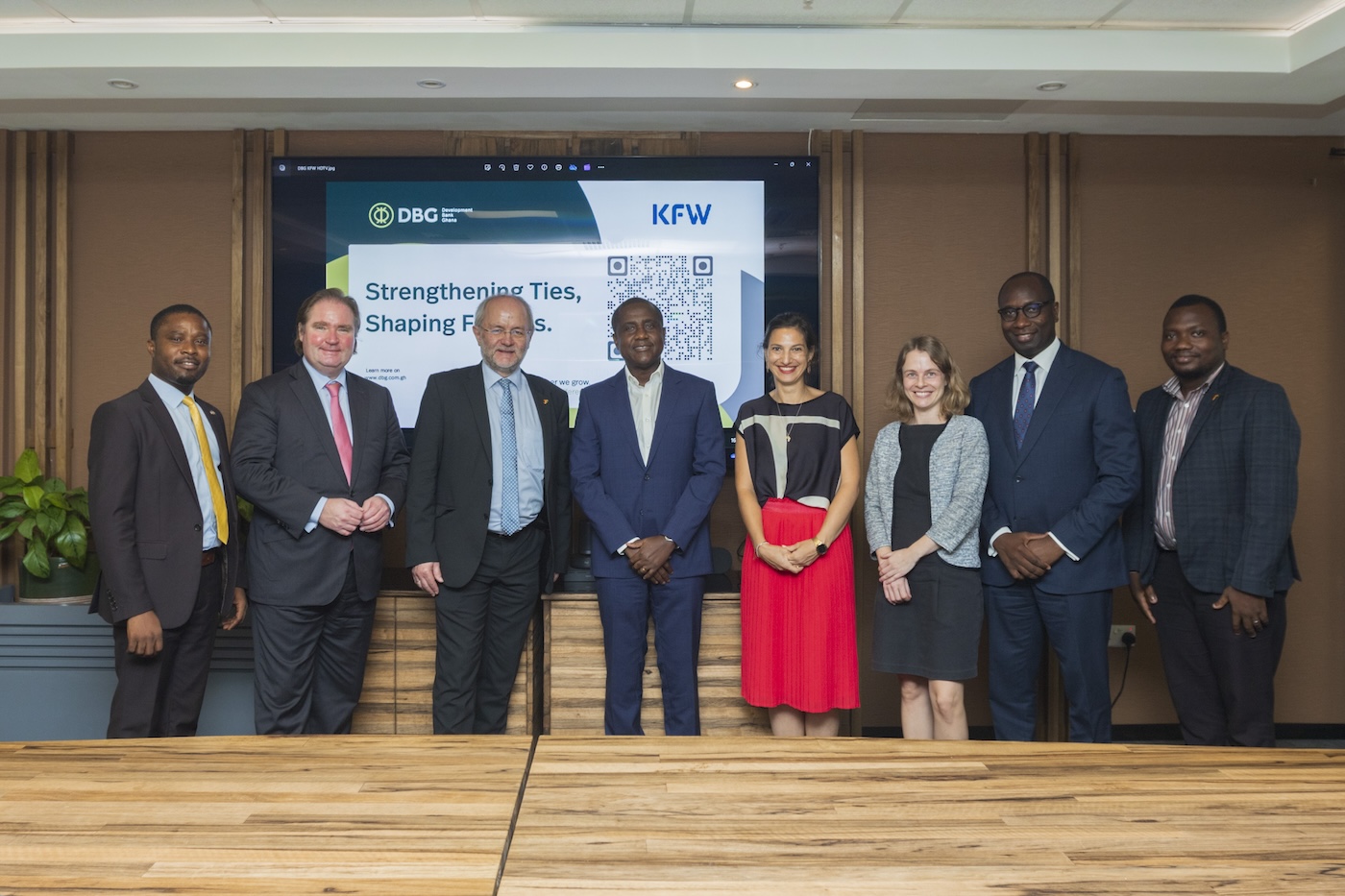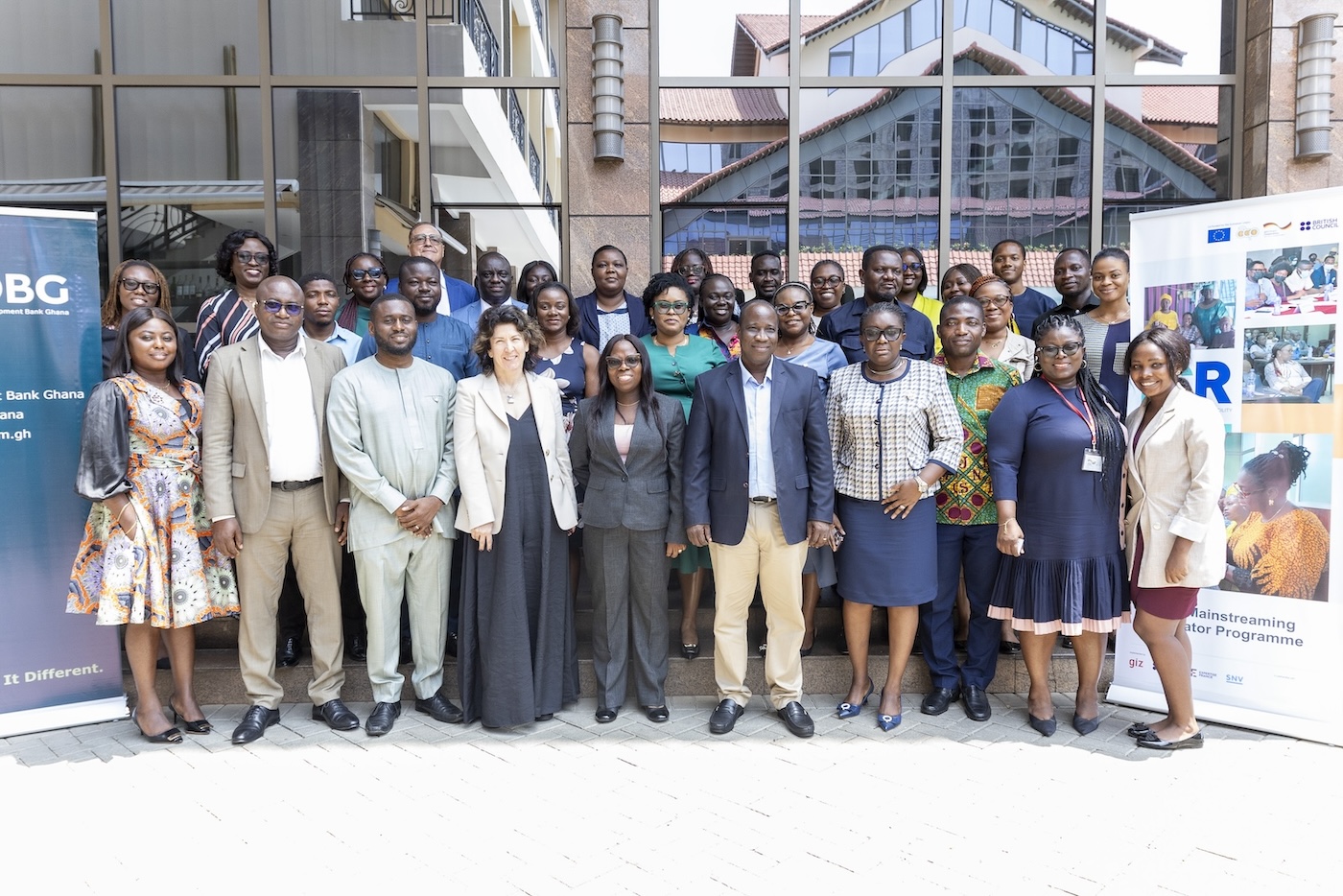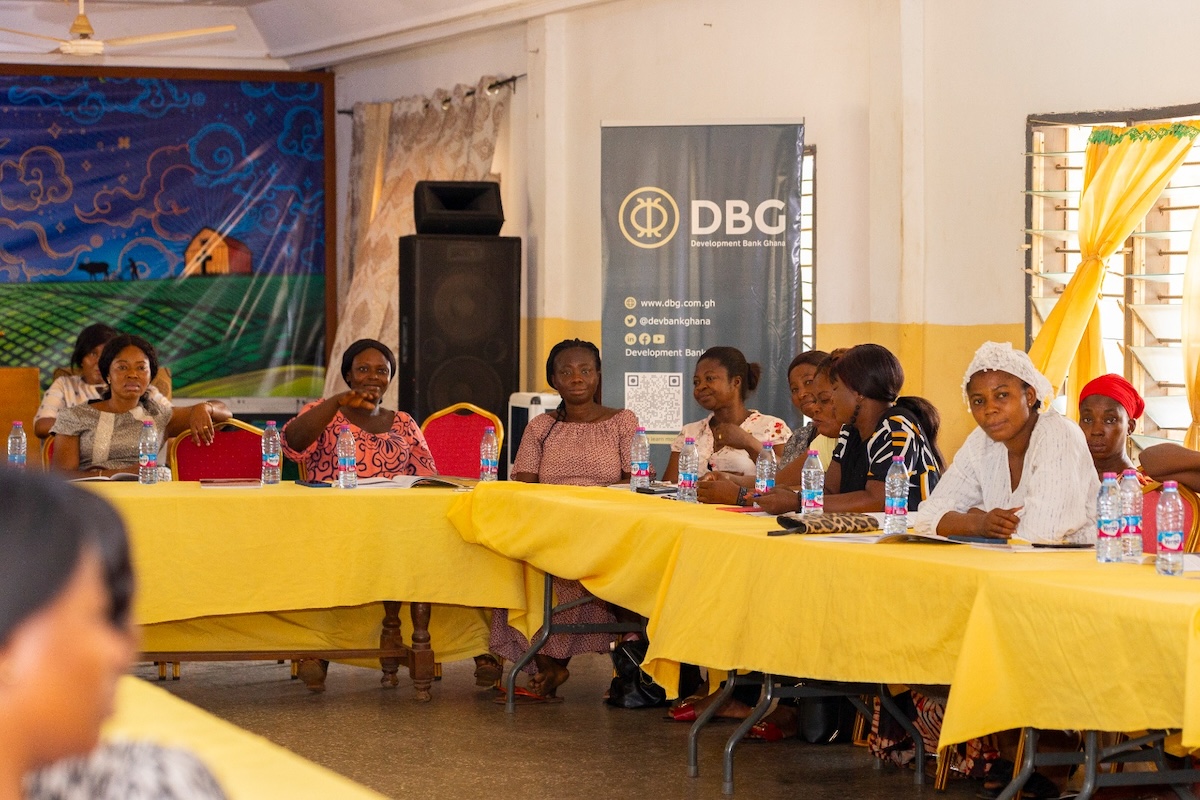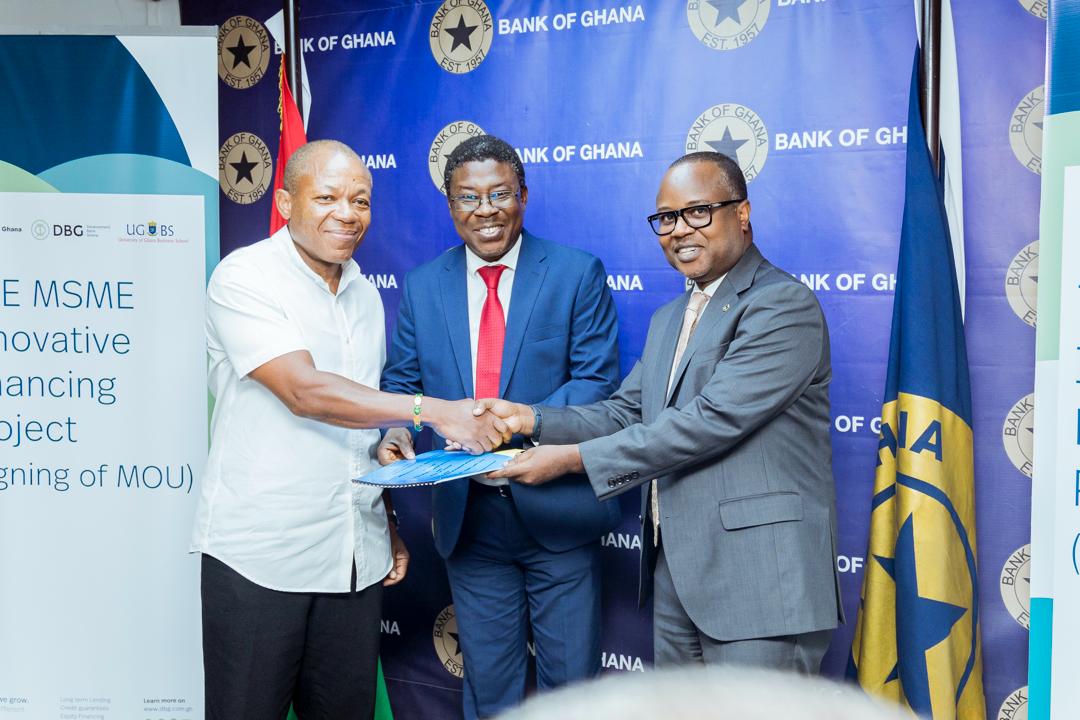The Chief Executive Officer of Development Bank Ghana (DBG), Mr. Kwamina Duker, has highlighted the pivotal role of Public-Private Partnerships (PPPs) in the acceleration of economic development especially in Ghana and on the African continent as a whole. He described such partnerships as a crucial investment model where the merging of public objectives and private capital creates tangible results.
According to the National Policy on Public-Private Partnerships, a PPP is a contractual agreement between a public entity and a private sector party with a clear agreement on shared objectives for the provision of public infrastructure and services traditionally provided by the public sector.
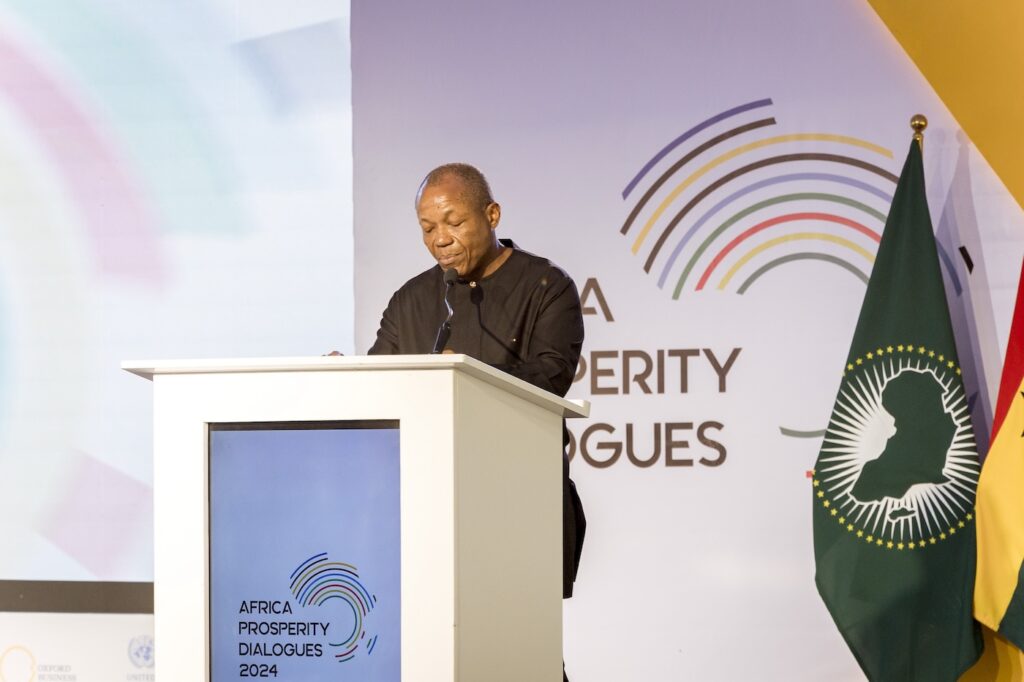
Mr. Duker, who gave an address at the Africa Prosperity Dialogues event held at the Peduase Presidential Lodge, bemoaned the hugely untapped potential of PPPs which have been proven to mobilize investments, bring in technical expertise, and accelerate project completion. He also shared some key highlights of PPPs in Ghana which have contributed to the increase in scale of investments and growth from US$23.37 billion for 27 projects in 2021 to US$24.17 billion for 23 projects in 2022. Furthermore, PPPs have supported a wide range of projects, from ports to infrastructure, demonstrating their ability to meet diverse public needs and bring specialized expertise and innovation across various sectors. Also, government’s contribution of US$23.22 million to projects like the Teshie Nungua Desalination Project highlights its role in risk-sharing and supporting essential public welfare projects, making them more viable for private investment.
On the other hand, the Chief Executive of Development Bank Ghana pointed out some challenges such as complex regulatory environments, political and economic instability, and financial and capacity constraints of Governments as some factors which have hindered the progress and success stories of PPPs in the country. He recommended some proposals including ensuring transparent and efficient regulatory processes, maintaining political and economic stability, and leveraging on the taxation powers of the government to generate revenue which can be used to support infrastructural development indirectly, thus reducing the financial burden on the state and allowing for more efficient use of public funds, among others.
Mr. Duker described his outfit, DBG, as uniquely positioned to be a mediator between the public and private sectors due to its structure. Although it operates as a private entity, its shareholder, the Government of Ghana gives it a unique advantage in fostering collaborations between these two critical sectors. This catalytic function of DBG helps the country make further inroads with regards to PPPs especially when Ghana, according to Fitch Solutions, is positioned as the 2nd ranked country in West Africa in terms of Private Public Partnership pipeline projects with a cumulative market size of $8.4 billion.
The 2nd edition of the African Prosperity Dialogues held under the theme “Delivering Prosperity in Africa: Produce. Add Value. Trade” brought together decision makers and business leaders across the continent to have business and policy dialogues aimed at delivering prosperity whiles driving towards the goal of building the world’s largest market in Africa. The event was organised by the Africa Prosperity Network (APN) in partnership with the Africa Continental Free Trade Area (AfCFTA) Secretariat, and the Government of the Republic of Ghana.
Development Bank Ghana is a wholesale financial institution established by the Government of Ghana. DBG acts as a provider of long-term capital to the market with a mission to foster strong partnerships to finance economic growth, create jobs, and build capacity for SMEs. The organisation is committed, aligned and strengthened to achieve UN Sustainable Goals (SDGs) ambitions and targets while implementing environmental, social, and governance (ESG) strategy aimed at creating shared value and impact with purpose.

